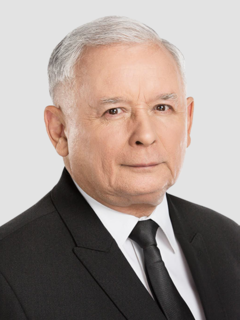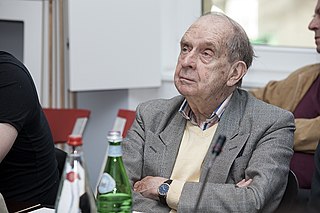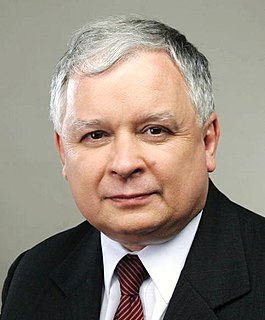A Quote by William Hague
People feel that the EU is a one-way process, a great machine that sucks up decision-making from national parliaments to the European level until everything is decided by the EU. That needs to change.
Related Quotes
For the institutions of the European Union are at present incomplete. A European Senate is badly needed to complete them. By creating an upper chamber in the European parliament, a new bridge could be built between national political classes, which retain democratic legitimacy, and the decision-making process in Brussels. Such a Senate should be recruited by indirect election from exisiting national parliaments.
unlike other countries, we're not skeptical at all when it comes to EU expansion. In fact, we are in favor of admitting Ukraine and Turkey. In this sense, one can hardly say that we are focusing unilaterally on our own national interests. Austria, for example, has held up the negotiations for Turkey's admission to the EU. Why am I against deeper involvement in the EU? There are several reasons for that.
It is positive that the United States and the European Union show a great deal of unity. Putin did not expect that. He thought he could split the EU, but the opposite happened: The EU imposed sanctions and even scaled them up. Of course we need more financial and military aid, the supply of lethal weapons is of crucial importance to us.
Germany's potential makes up about 20% of the EU's overall economic power, including Great Britain. The German army is by no means strong enough to guarantee the security of the EU's two endangered flanks - in the east and in the south. So all that remains for Germany is partnerships with its neighbours and other EU member states. Germany should stick to that role.
I should also say that apart from the negotiations that are taking place within the WTO, we are ourselves involved in all manner of bilateral negotiations, or, if they are not bilateral, with the South African Customs Union and the European Union. All the member countries of the European Union have now ratified the agreement that we have with the EU and that opens up the EU market in various ways.
The EU is an alliance that the Americans control, in which the EU of course has a great deal of autonomy, but in which it still is very dependent on the United States, especially militarily, but not only in that respect. So to blame the Germans for everything is an easy way out for some of those suffering in Europe today.
The EU treaties clearly promote an alliance of national states that, as far as possible, maintain their own responsibilities. There is no mention of a centralized state of Europe in the treaties. The EU Commission's politicking, however, is proof of a certain allergy against this principle of national states and national responsibilities.
Is it in the interests of Britain to leave or remain in the EU? As we saw in the referendum, there are different Britains and they see their interests in different ways. For a lot of everyday blokes the EU affected their sense of identity in ways they disliked, and they were right in thinking that the EU didn't return much to them by way of economic benefits.
When we said that no more areas of power should go to the EU we were right. And now thanks to the European Union Act 2011, by law that cannot happen without a referendum. And we are just as right that the EU has more power in our national life than it should, and I believe as strongly as I ever have that when the right moment comes this party should set out to reduce it.





























